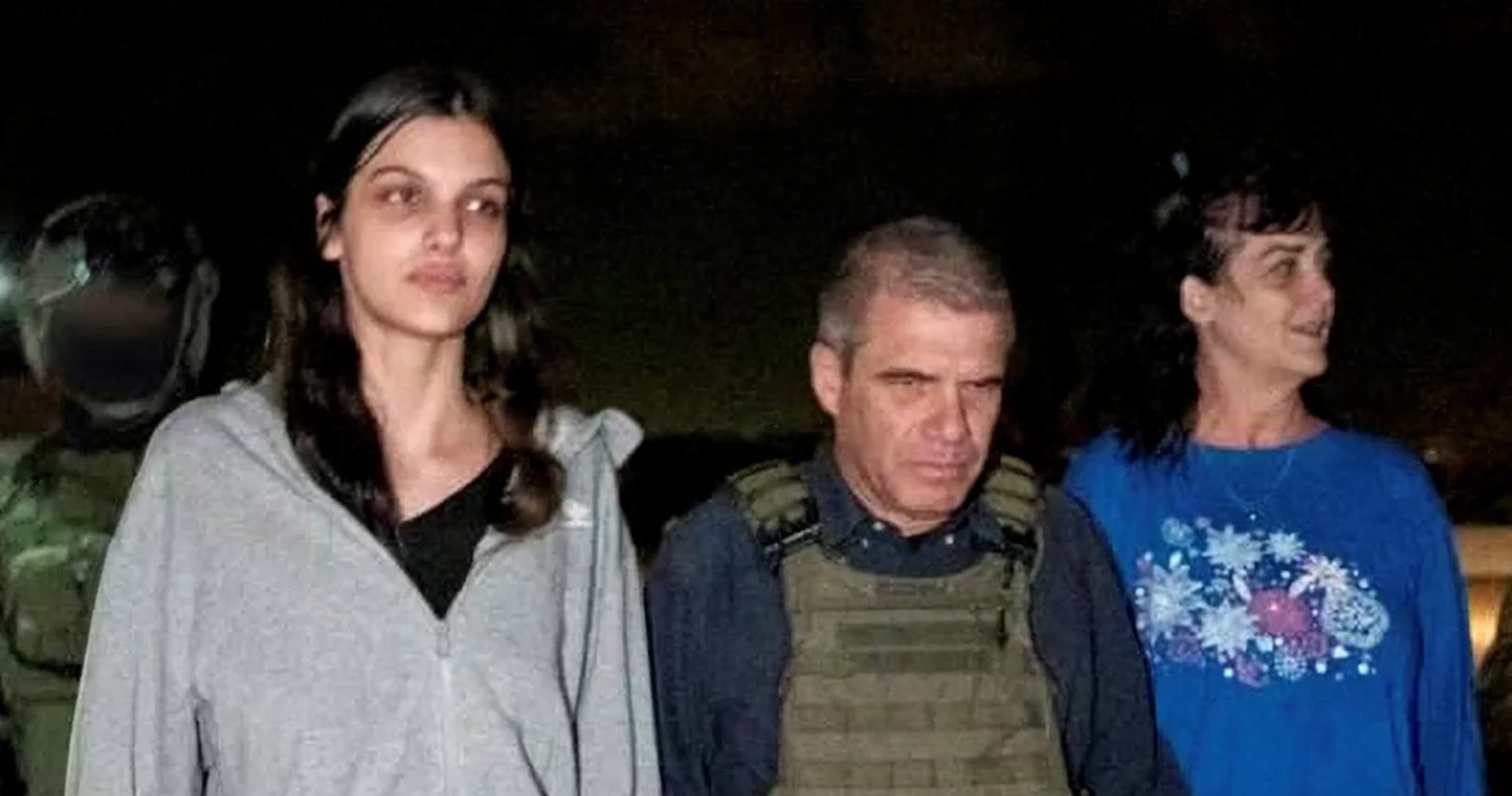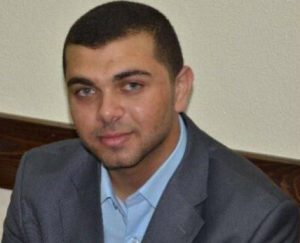Gal Hirsch, who was recently appointed as Israel’s hostage envoy, played a limited role in the negotiations aimed at securing the release of two sets of Israeli hostages in the past week. This revelation emerges in the midst of growing criticism regarding Hirsch’s performance following his appointment by Prime Minister Benjamin Netanyahu immediately after the October 7 attack by Hamas, during which approximately 1,400 people lost their lives, and about 220 individuals were taken hostage.
Who is Gal Hirsch?
Gal Hirsch is a prominent Israeli military figure and security expert known for his distinguished career in the Israel Defense Forces (IDF) and his subsequent roles in the fields of security, defense, and leadership.
Also Read: Acapulco severely affected as category 5 Hurricane Otis intensifies over town | Watch video
Hirsch’s military journey began with his service in the IDF, where he rose through the ranks to become a high-ranking officer. He commanded various units, gaining invaluable experience in the complex landscape of counterterrorism, intelligence, and security operations.
One of Hirsch’s notable contributions came during the 2006 Lebanon War when he served as the commander of the IDF’s Galilee Division. His leadership in this conflict earned him recognition for his strategic thinking and management of military operations. However, the war also sparked debate and controversy, leading to Hirsch’s resignation from the military.
Following his military career, Gal Hirsch shifted his focus to the private sector and founded Defensive Shield Holdings, a defense and security consultancy firm. He also became a sought-after commentator on security matters, providing expert analysis and insights on regional conflicts, counterterrorism, and defense strategies.
Hirsch’s experiences and expertise in security and military affairs have made him a respected figure not only in Israel but also on the global stage. His perspectives on the ever-evolving challenges of modern warfare and terrorism are highly regarded by security professionals, policymakers, and analysts.







